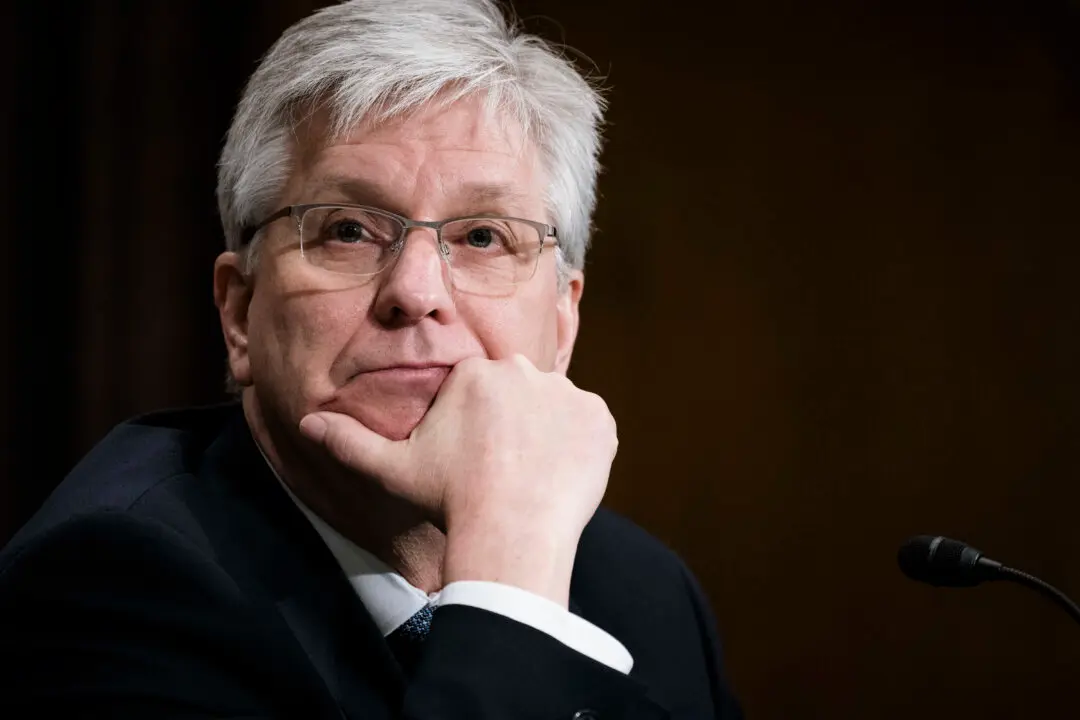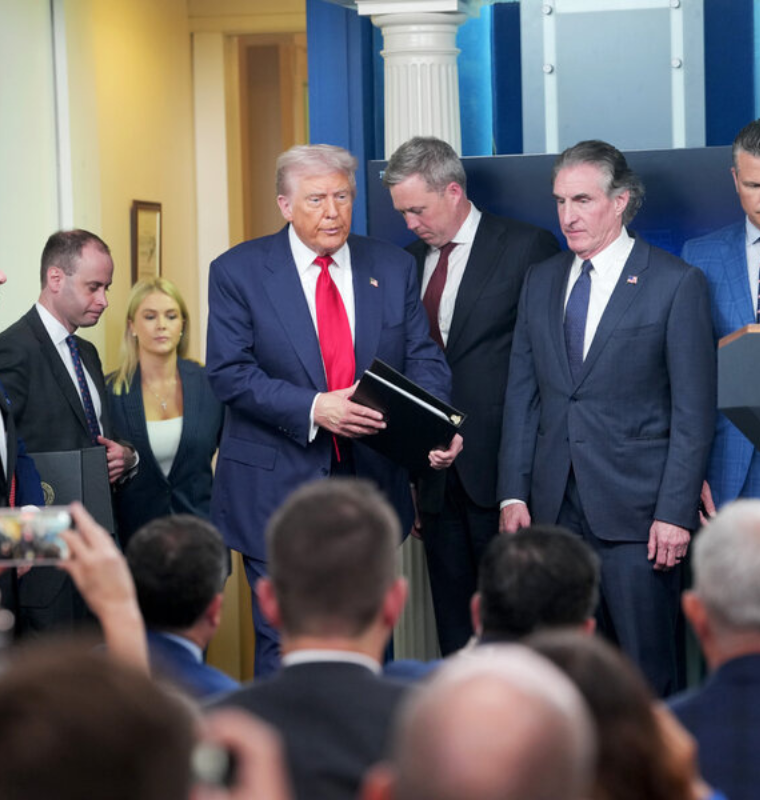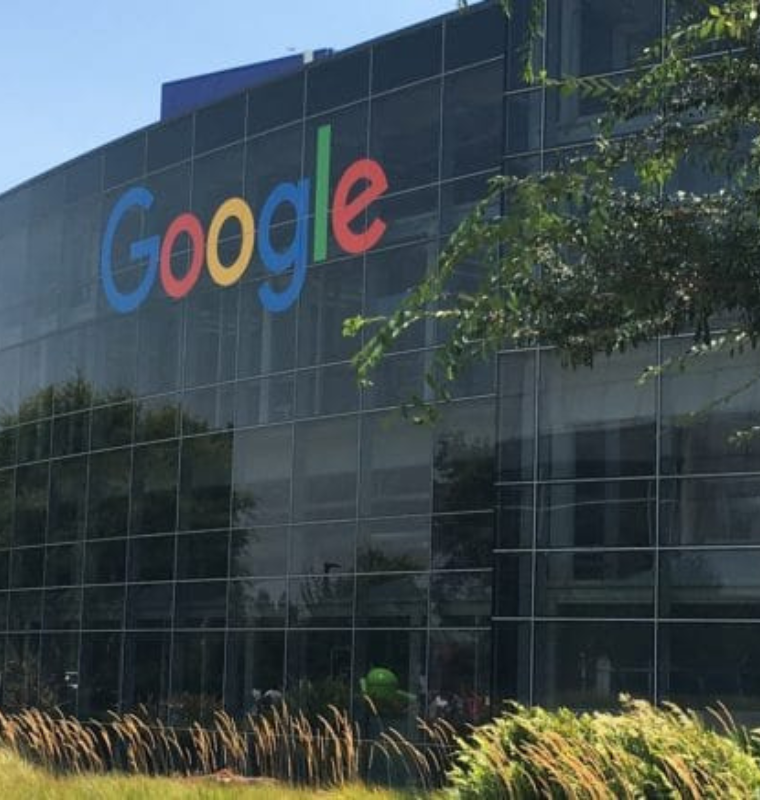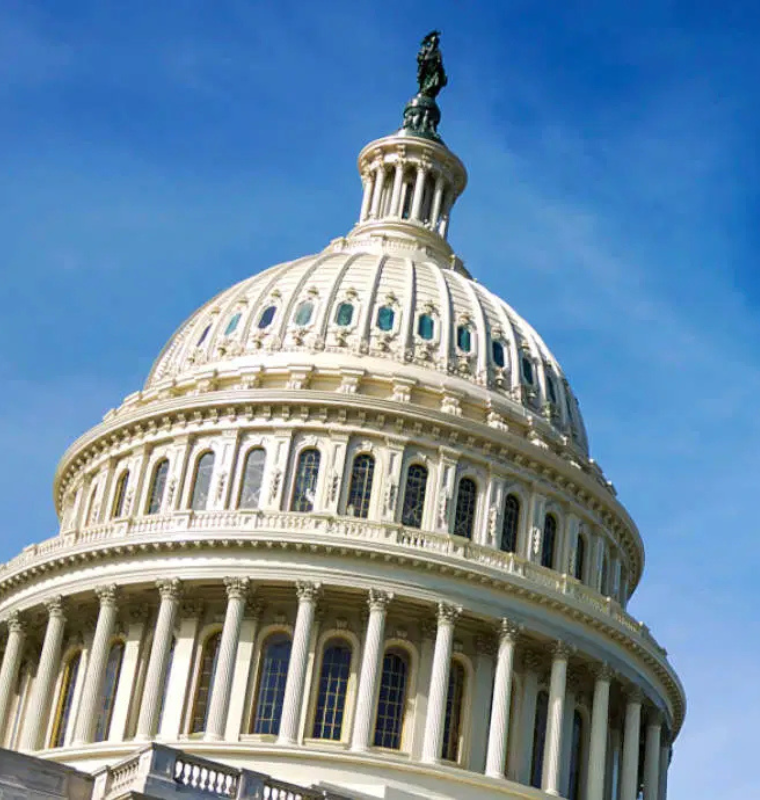Fed’s Waller Signals Possible Interest Rate Cut as Soon as July Amid Labor Market Concerns
Fed’s Waller Signals Possible Interest Rate Cut as Soon as July Amid Labor Market Concerns
By
David Goldfarb
Last updated:
June 20, 2025
First Published:
August 6, 2025

Getty Images
Fed Governor Waller Opens Door to Early Rate Cut
In a significant departure from the Federal Reserve’s more cautious consensus, Federal Reserve Governor Christopher Waller indicated Friday that policymakers should consider cutting interest rates as early as July to safeguard the labor market from potential downturns.
In an interview with CNBC’s Steve Liesman during “Squawk Box,” Waller emphasized that the central bank doesn’t need to wait for clear signs of labor market deterioration before acting. “If you’re starting to worry about the downside risk to the labor market, move now, don’t wait,” he said. “Why do we want to wait until we actually see a crash before we start cutting rates?”
A Minority Voice Amid Broader Fed Caution
Waller’s remarks stand in contrast to the broader sentiment within the Federal Open Market Committee (FOMC), which has taken a “wait-and-see” approach for much of 2024. The committee voted unanimously this week to hold the federal funds rate steady at 4.25%-4.5%, marking the fourth consecutive meeting with no change since the last cut in December.
According to the Fed’s most recent “dot plot”, which reflects individual policymakers’ rate forecasts for the year, sentiment remains divided:
- 7 members expect rates to remain unchanged through year-end
- 2 members foresee a single rate cut
- 10 members anticipate two or three cuts by year-end
While the median projection points to two cuts in 2024, market pricing suggests that most investors expect the first move to come in September, not July. According to CME Group’s FedWatch tool, futures markets currently assign nearly zero probability to a cut at the upcoming July 29-30 meeting.
Inflation Risks from Tariffs Seen as Contained
Waller also addressed growing concerns around the inflationary impact of newly proposed tariffs. President Donald Trump, widely expected to be the Republican nominee for the 2024 election, has called for significant new tariffs on Chinese imports—raising fears that these could fuel inflation.
However, Waller dismissed the likelihood of significant long-term inflationary effects from the tariffs. “We’ve been on pause for six months, thinking that there was going to be a big tariff shock to inflation. We haven’t seen it,” he explained. “Even if the tariffs come in later, the impacts are still the same. It should be a one-off level effect and not cause persistent inflation.”
Waller emphasized that core inflation data so far has been relatively stable, allowing the Fed some flexibility to begin easing without triggering renewed inflationary pressures.
Political Pressure Grows on the Fed
The timing of Waller’s comments is particularly notable given the increasing political attention on the Federal Reserve’s rate policy. Former President Trump, who originally nominated Waller to the Fed Board during his first term, has been vocal in his criticism of Fed Chair Jerome Powell, repeatedly pressuring the central bank to cut rates sharply.
Trump recently argued that rates should be lowered by at least two full percentage points, bringing the benchmark rate closer to 2%, while some of his advisors have called for even deeper cuts.
Waller, while acknowledging the political pressures, emphasized that decisions must remain guided by economic data rather than partisan demands. Nonetheless, Waller’s position as a sitting governor and potential candidate for Fed Chair after Powell’s term ends in May 2026 adds an additional layer of complexity to the debate.
Labor Market Remains Strong, but Vulnerabilities Emerge
While the U.S. labor market has so far remained resilient, several recent data points suggest softening beneath the surface:
- The U.S. unemployment rate has edged up slightly to 4.1%, its highest level since late 2021.
- Wage growth has moderated, and job openings have steadily declined from their pandemic-era highs.
- Private sector employment growth slowed to 150,000 jobs added in May, falling below economists’ expectations.
Waller’s argument reflects concerns that waiting too long could risk a sharper employment downturn, especially as businesses become more cautious amid slowing consumer demand and reduced pricing power.
Stock Markets Respond Positively
Following Waller’s dovish remarks, U.S. stock market futures posted gains, with investors welcoming the prospect of earlier rate relief. Wall Street has remained highly sensitive to interest rate expectations throughout 2024 as high borrowing costs continue to weigh on corporate investment and consumer spending.
Despite the optimism, some Fed officials remain wary, warning that cutting rates too soon could reignite inflationary pressures if the economy proves more resilient than expected.
What’s Next for Fed Policy?
Waller’s comments may signal the start of a more active debate within the Fed as policymakers prepare for upcoming meetings. Market participants will closely watch upcoming data releases, including:
- June’s Consumer Price Index (CPI) inflation report
- The July employment report
- Updated GDP growth estimates for Q2
With political pressure rising, economic crosscurrents emerging, and global uncertainties looming, the Federal Reserve’s path forward remains highly uncertain. But Waller’s comments suggest that at least some inside the central bank believe action may be warranted sooner rather than later.
Popular articles
Subscribe to unlock premium content
Disney’s Timeless Magic and How the Entertainment Giant Continues to Shape Culture and Innovation

Imran Khan’s Economic Missteps Amid Political Chaos in Pakistan

The Philippines’ Digital Shift How Remittances and BPO Are Fueling Growth

Disney’s Timeless Magic and How the Entertainment Giant Continues to Shape Culture and Innovation

Imran Khan’s Economic Missteps Amid Political Chaos in Pakistan

Disney’s Timeless Magic and How the Entertainment Giant Continues to Shape Culture and Innovation









